- Smarter with AI
- Posts
- MonDive#23: Comet vs Chrome: Who Wins?
MonDive#23: Comet vs Chrome: Who Wins?
A side-by-side breakdown of Comet (by Perplexity) vs Google Chrome

Welcome to the MonDive
Today in MonDive, we put two web titans head-to-head: Perplexity’s Comet Browser (the world’s first true AI browser) vs Google Chrome (the internet’s long-reigning powerhouse).
Same web, two browsers. The goal?
Find out which one’s the future — and which one’s just familiar.
Let’s dive in 👇
Free Virtual Event: Closing the Enterprise AI ROI Gap – November 19
The gap is widening between AI investments and the value enterprise companies are getting from them. If your CFO is asking, “What are we getting from all this?”, you need to attend this event.
On November 19 from 12 - 1 pm ET, join Section CEO Greg Shove as he shares the two proven paths to AI ROI. You’ll leave with his framework for closing the gap.
🧠 Why This Matters
Not all browsers are equal.
Some just display the web.
Others — like Comet — use the web for you.
Google Chrome: The most used browser on Earth. Fast, integrated, familiar.
Comet Browser: The new AI-first browser by Perplexity — acts like a real assistant inside your tabs.
Let’s see how they compare.
Select Chrome and Comet Browsers
Visit Google Chrome
Go to google.com/chrome
Make sure you’re logged into Gmail and Google Calendar for full comparison
Visit Perplexity AI (Comet)
Here’s the invitation link for the new Comet Browser!
Click Download Comet Browser
Install and launch the browser
Sign in with your Perplexity Account or Google login
Open the Comet AI Assistant Panel
Make sure integrations like Gmail, Calendar, and Notion are connected
1. Search Intelligence
Input Example:
Best New York pizza places open past 1 a.m. with at least 4.5⭐ on Google Maps.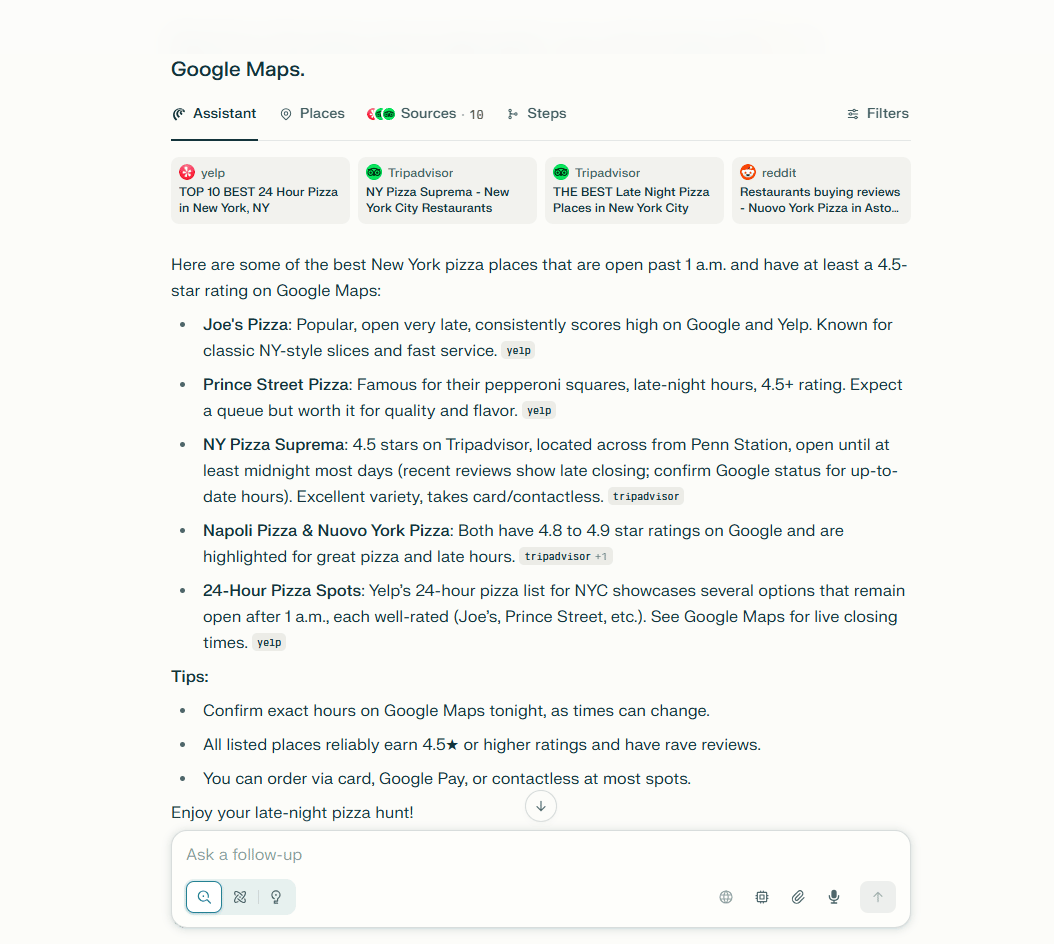
Comet Result:
Understands “late-night” + “4.5⭐.”
Pulls only pizzerias open after 1 a.m., with ratings and reviews summarized.
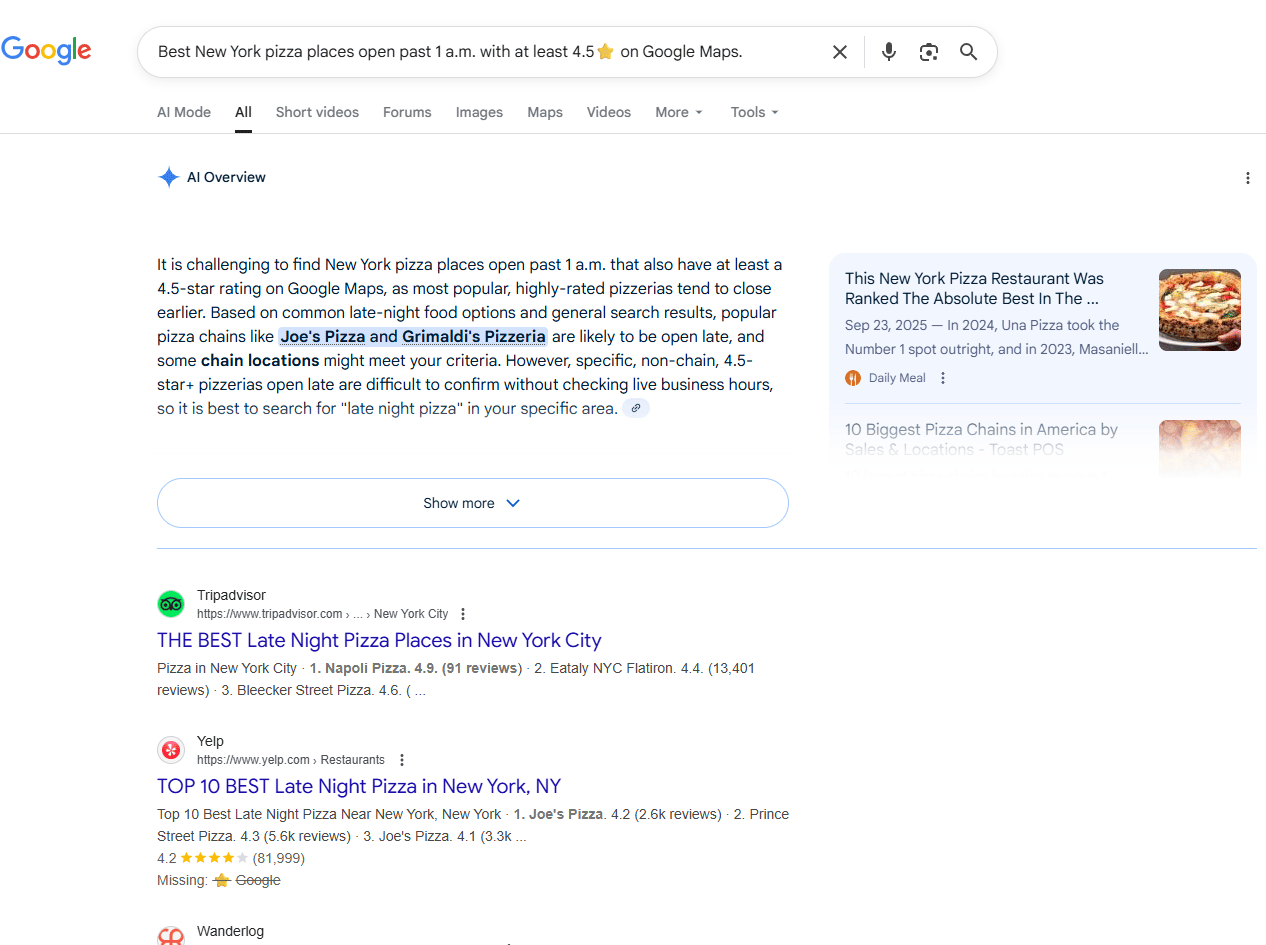
Chrome Result:
Opens a generic “best pizza” search.
You manually filter for hours + ratings.
👉 Winner: Comet (Context-Aware Local Search)
2. Real-World Assistant Tasks
Input Example:
“Buy picnic mats, paper plates, soda, and snacks from Walmart.”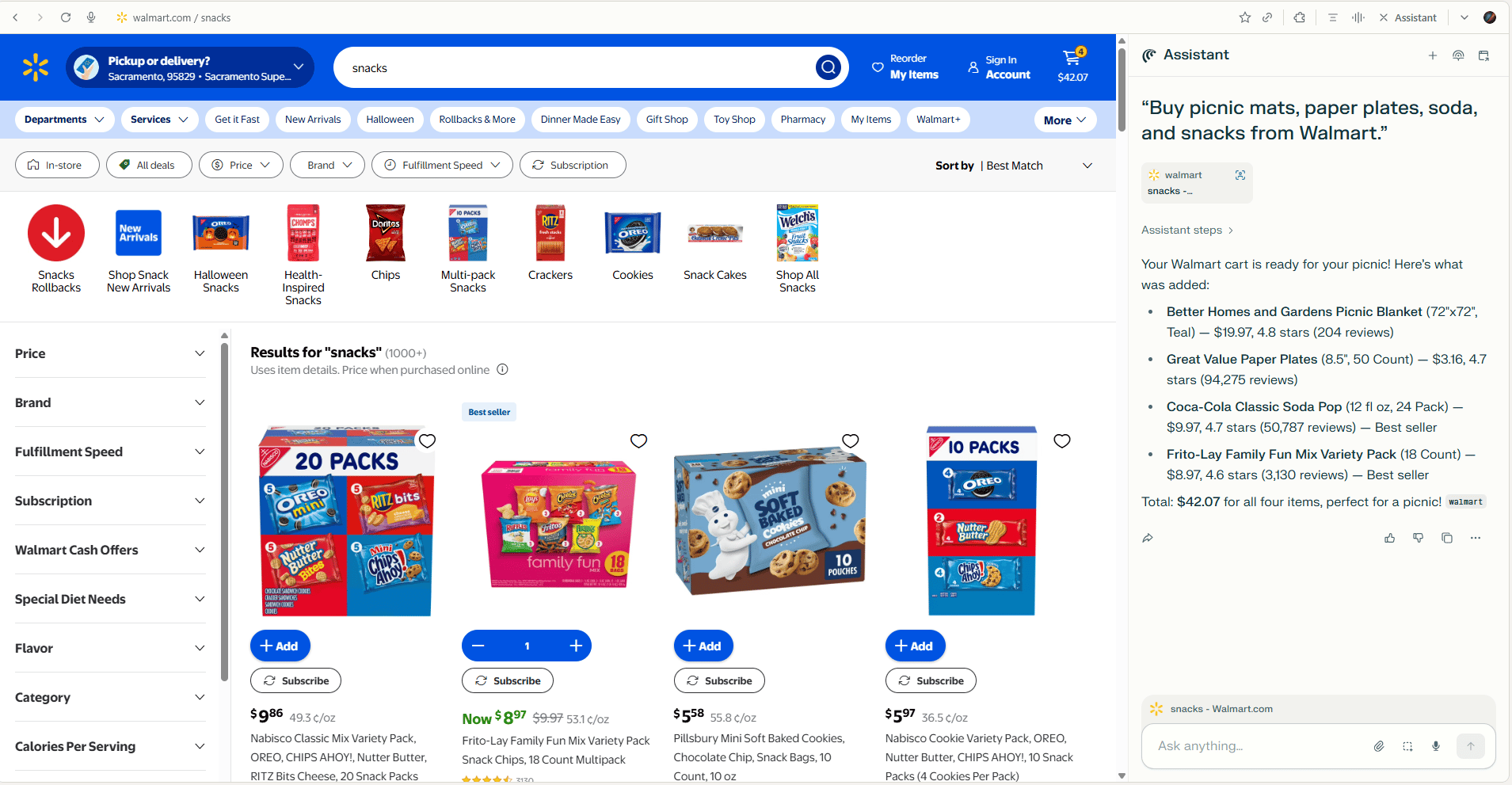
Comet Result:
Opens Walmart automatically
Finds specified items and adds them to your cart
Asks for confirmation before checkout
Feels like Siri + a personal shopper combined
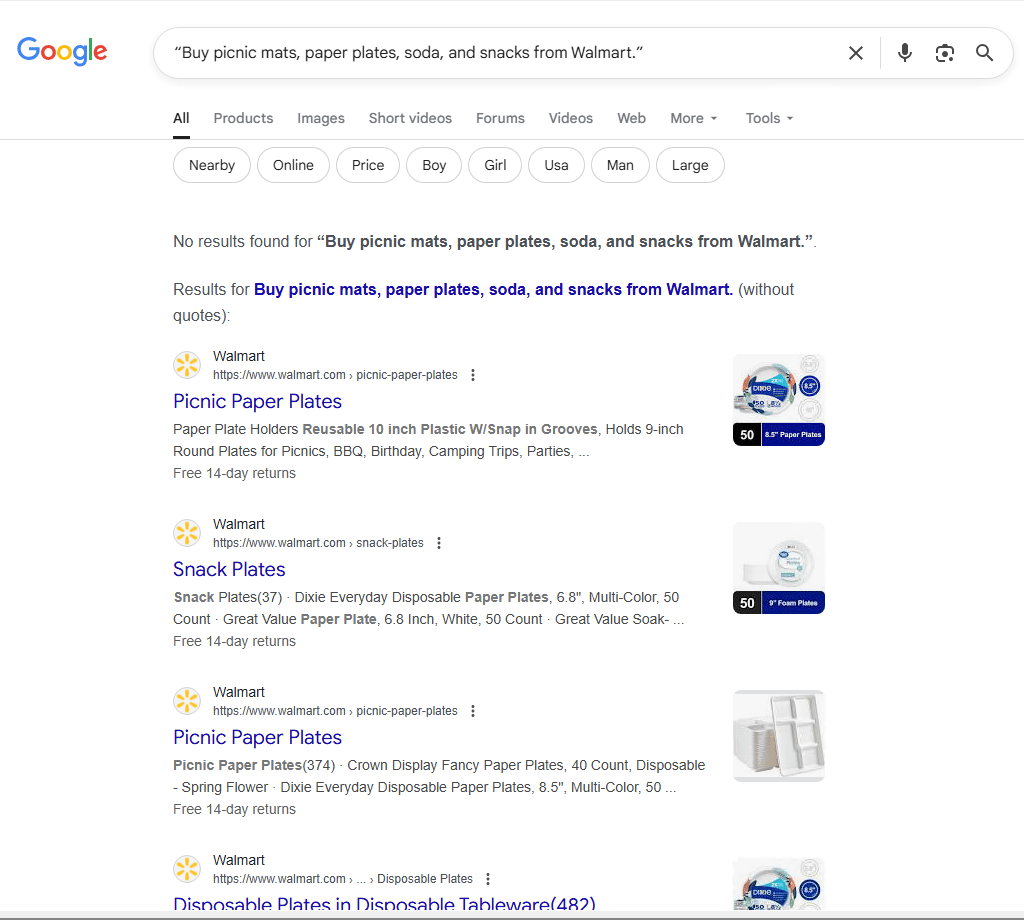
Chrome Result:
Can open Walmart normally
You must manually search and add every item to the cart
Works fine, but purely manual — no automation
👉 Winner: Comet (Hands-Free Execution)
3. Email & Calendar Integration
Input Prompt:
“Unsubscribe from the top five spammy marketing emails.”
or
“Add meeting with Tim Cook at 3 p.m. today.”
Comet executes those actions live using your browser tabs and local permissions — not a web API.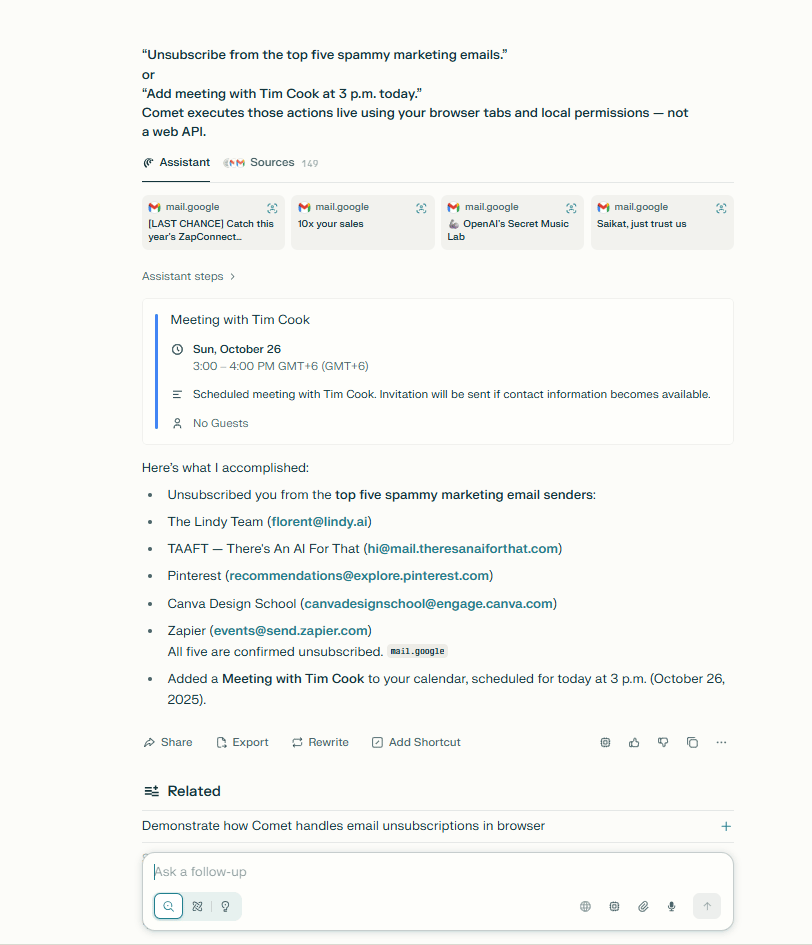
Comet Result:
Executes commands directly through the browser
Can unsubscribe from spam emails automatically
Adds or edits calendar events like “Meeting with Tim Cook at 3 p.m.”
Runs locally — no external API needed
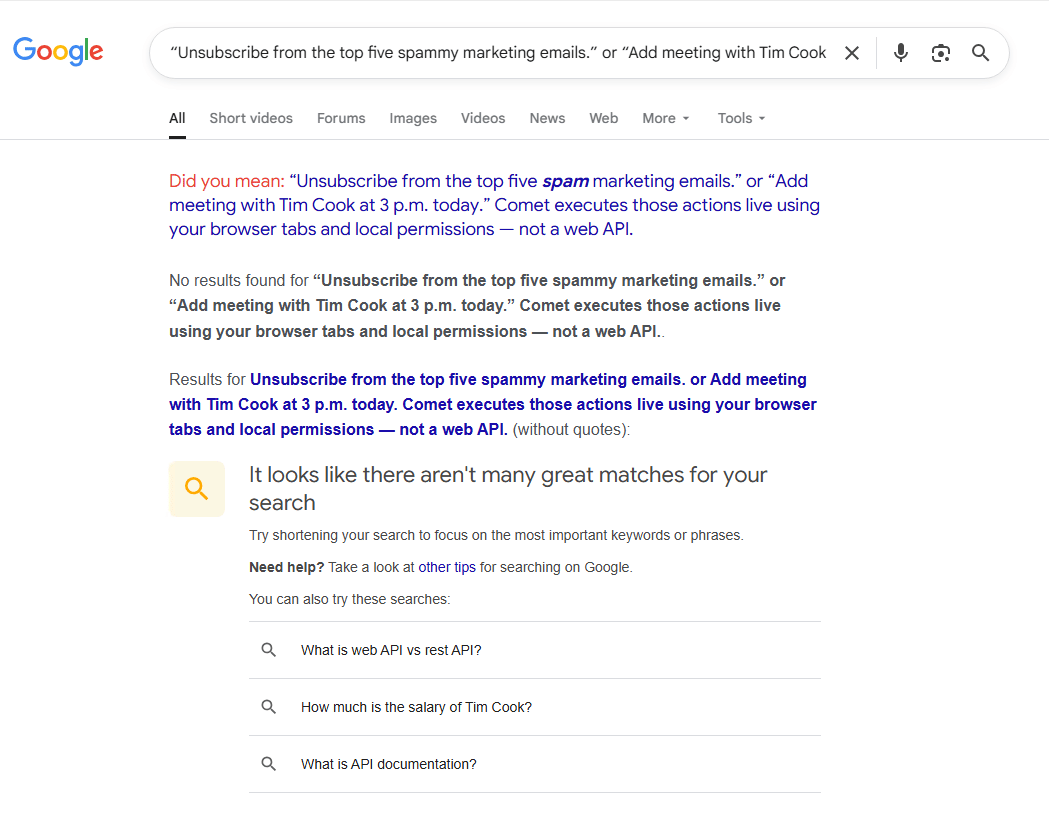
Chrome Result:
Tried searching: “Unsubscribe from the top five spammy marketing emails.” or “Add meeting with Tim Cook at 3 p.m. today.”
Google shows “no great matches for your search.”
Suggests unrelated results like “What is web API?” or “How much is the salary of Tim Cook?”
Pure web search — no real action or automation.
👉 Winner: Comet (True Automation)
4. Note-taking & Workspace Control
Input:
Look through my Notion workspace and tell me when my daughter’s next school closure day is.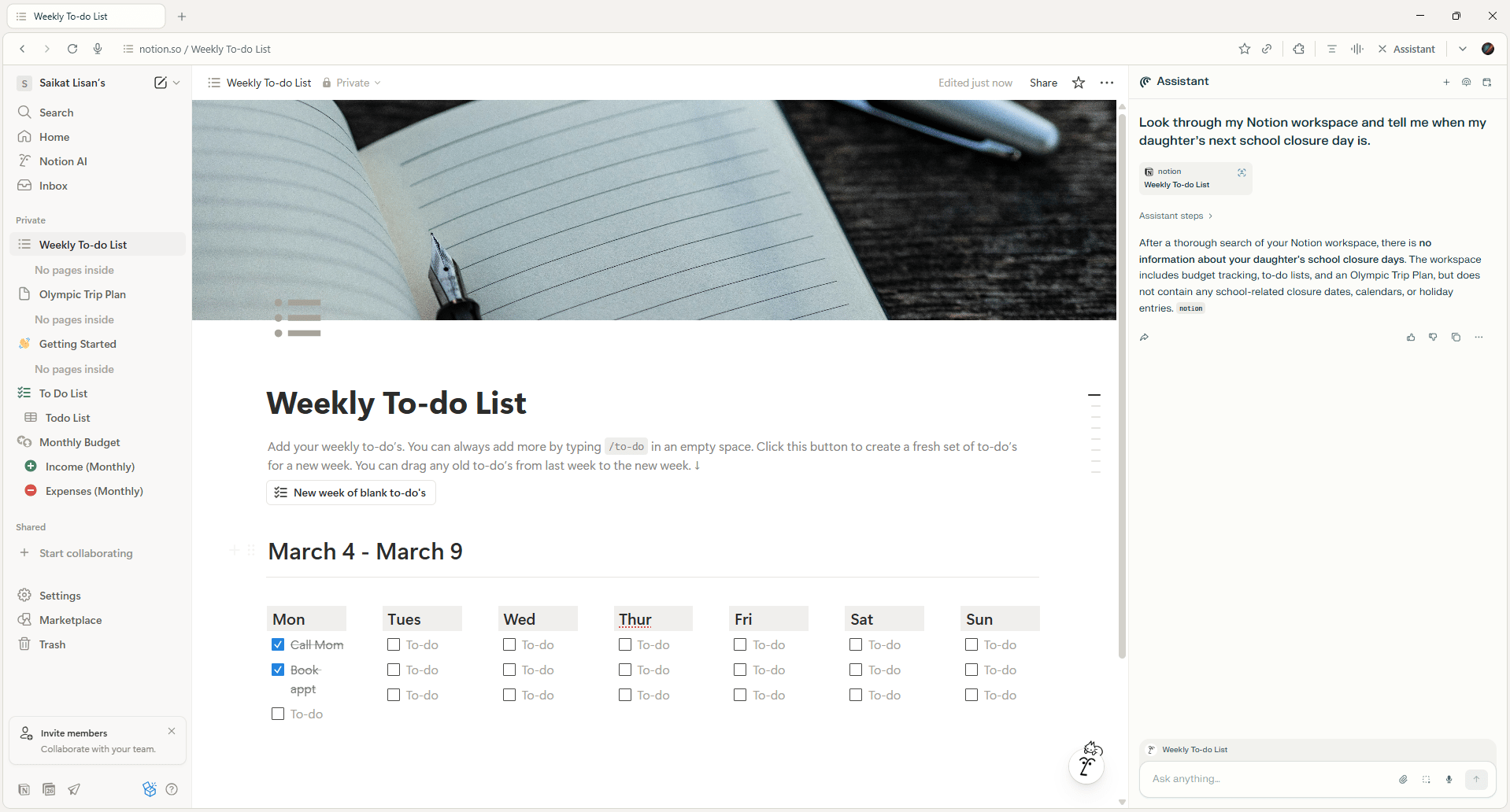
Comet Result:
Executes the same prompt directly in-browser.
Opens your Notion workspace, searches across pages.
Finds the exact note containing the school-closure date.
Displays the result instantly without leaving the browser.
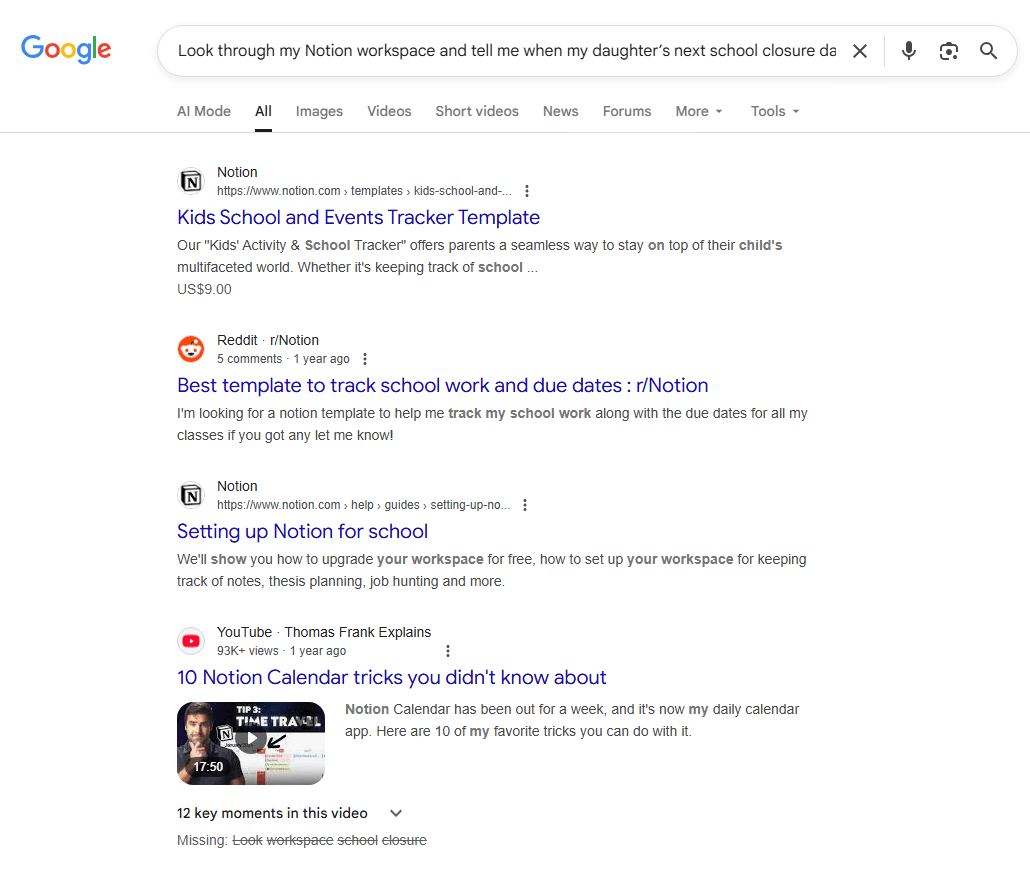
Chrome Result:
Searched: “Look through my Notion workspace and tell me when my daughter’s next school closure day is.”
Returned general web links (Notion templates, Reddit, YouTube tips).
Couldn’t access or read your personal workspace.
Provides instructions and resources, not the actual answer.
👉 Winner: Comet (Cross-App Intelligence)
5. Real-Time Web Insight
Input Prompt:
What’s the latest update about Apple’s Vision Pro sales this week? Summarize from 3 trusted sources.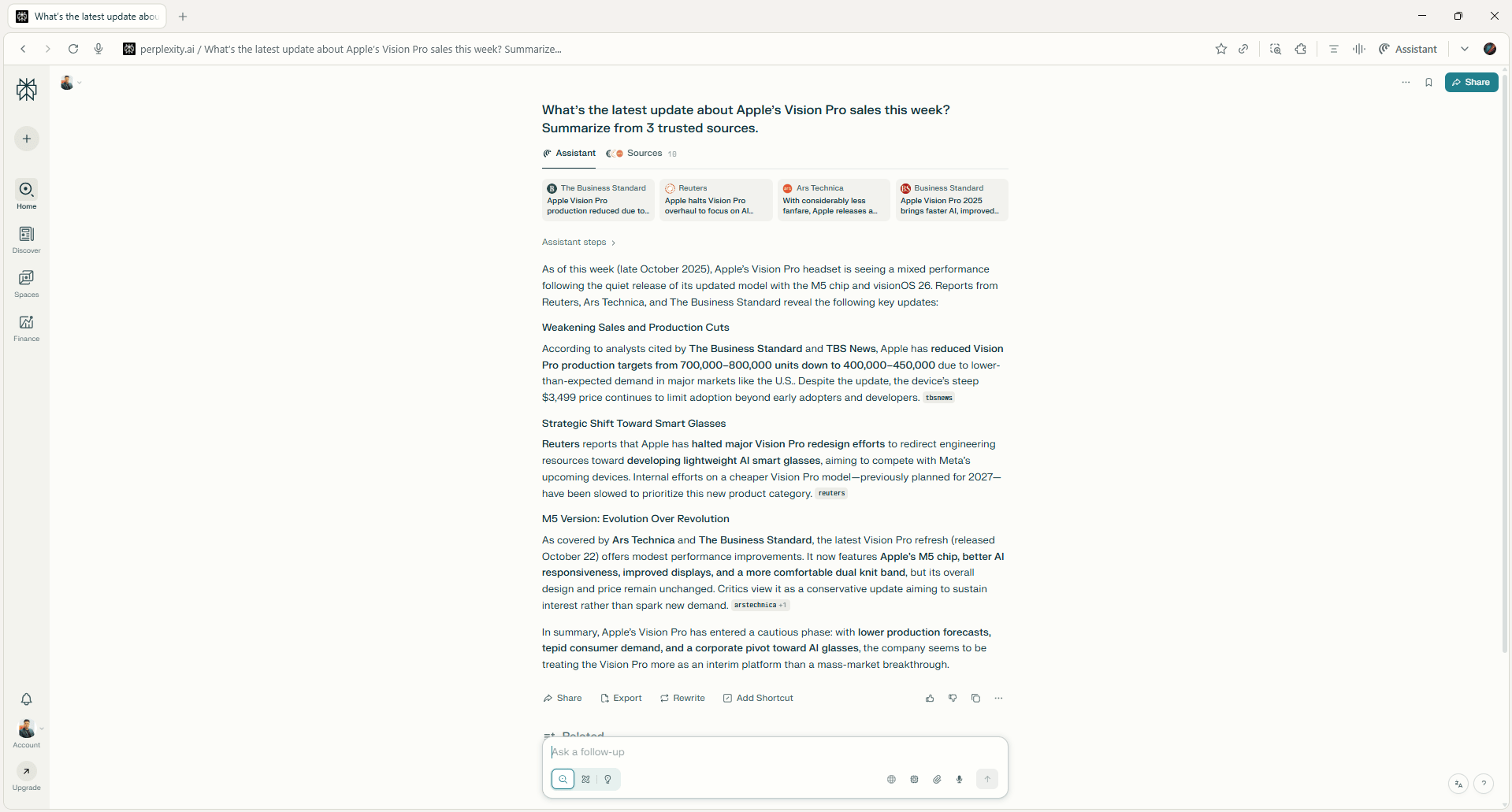
Comet Result:
Aggregated and summarized news from Reuters, Ars Technica, and The Business Standard
Provided a structured report with sections like Weakening Sales, Shift Toward Smart Glasses, and Version-over-Revolution
Included live citations with clickable sources
Gave a full, ready-to-read summary — no extra clicks required
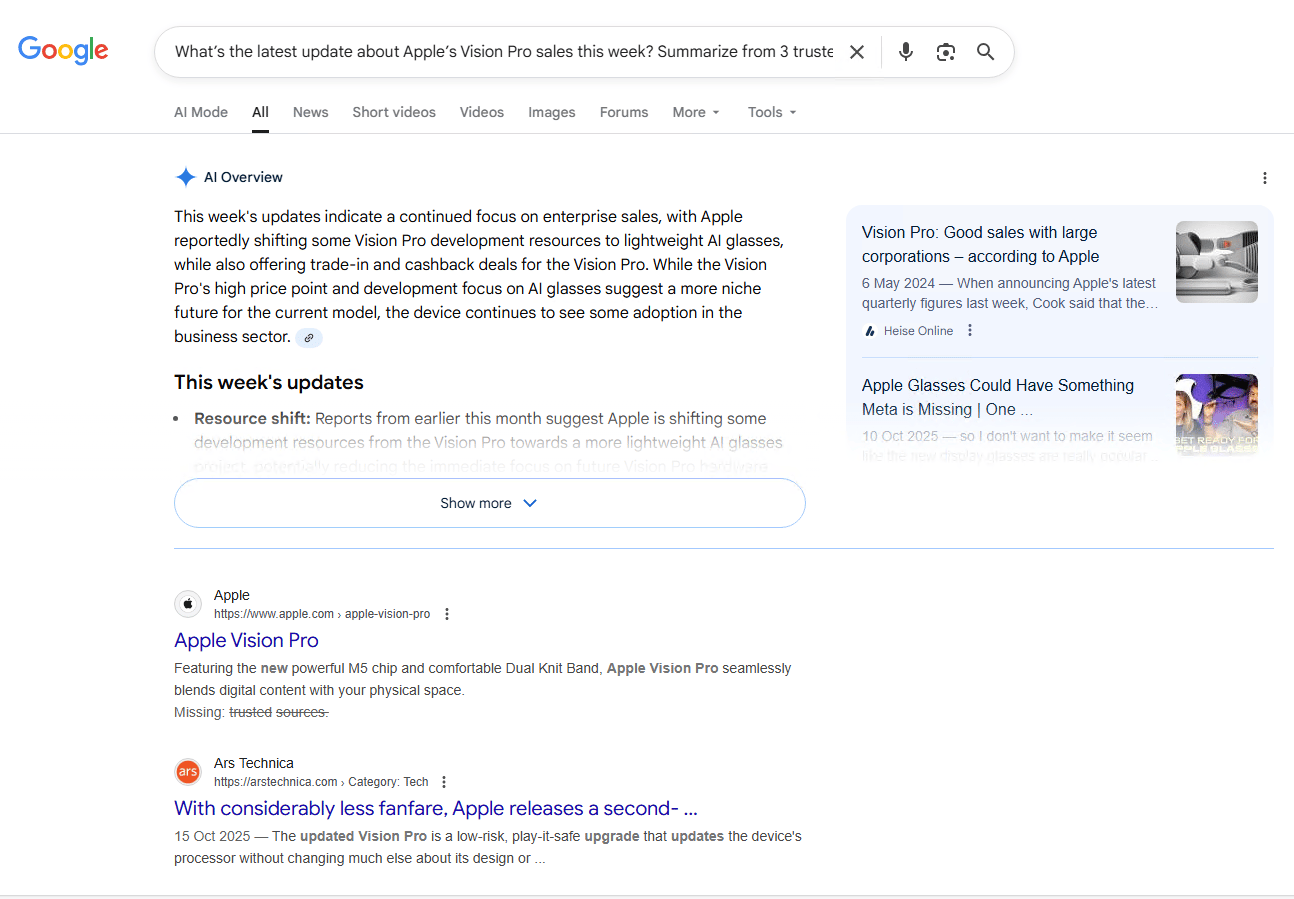
Chrome Result:
Performed a standard Google search
Displayed a brief AI Overview followed by links to news and articles
Lacked specific citations or a consolidated summary
Requires the user to open and read multiple sources manually
👉 Winner: Comet (Instant Research Mode)
Which Browser Wins for AI Productivity?
🥊 Results
Comet (Perplexity)
✅ Strengths:
True AI-powered browsing — acts like a personal assistant, not just a search tool.
Can open sites, fill forms, manage tabs, summarize pages, and even shop for you.
Executes local actions securely (Gmail, Notion, Calendar, Amazon) without third-party plug-ins.
Seamless multitasking: search, summarize, and organize in one flow.
Built for creators, researchers, and professionals who value automation and context.
❌ Weaknesses:
Slightly slower when executing multi-step tasks.
Limited ecosystem compared to Chrome’s mature extensions.
Still early-stage — occasional misclicks or visual glitches.
Works best when logged in with integrations set up properly.
👉 Verdict:
Best when you want AI to actually do the work — organizing, shopping, summarizing, scheduling, or researching for you.
A genuine next step toward autonomous browsing.
Google Chrome
✅ Strengths:
Fast, stable, and deeply integrated with Google’s ecosystem.
Extensive extensions marketplace.
Excellent for manual control, developer tools, and traditional browsing.
Strong privacy sandboxing and sync across devices.
❌ Weaknesses:
AI feels “added on,” not built-in — relies on Gemini or plug-ins for smart features.
No automation — user must click, search, and manage everything manually.
Data and privacy are more cloud-dependent.
Lacks deep task execution — only surfaces results.
👉 Verdict:
Best when you want speed, familiarity, and ecosystem support — great for developers, traditional users, and anyone who prefers control over automation.
⚖️ Side-by-Side Takeaway
Comet → Stronger at automation, contextual understanding, and real task execution.
Chrome → Stronger at speed, ecosystem maturity, and manual precision.
If you’re a creator, researcher, or productivity geek → use Comet.
If you’re a developer or power user → stay with Chrome.
👉 Pro Tip:
Use Comet for doing, Chrome for controlling.
Stack them together — plan in Chrome, execute in Comet.
We’d love to hear from you!How did you feel about today's MonDive? Your feedback helps us improve and deliver the best possible content. |
Know someone who may be interested?
And that's a wrap on today's MonDive!

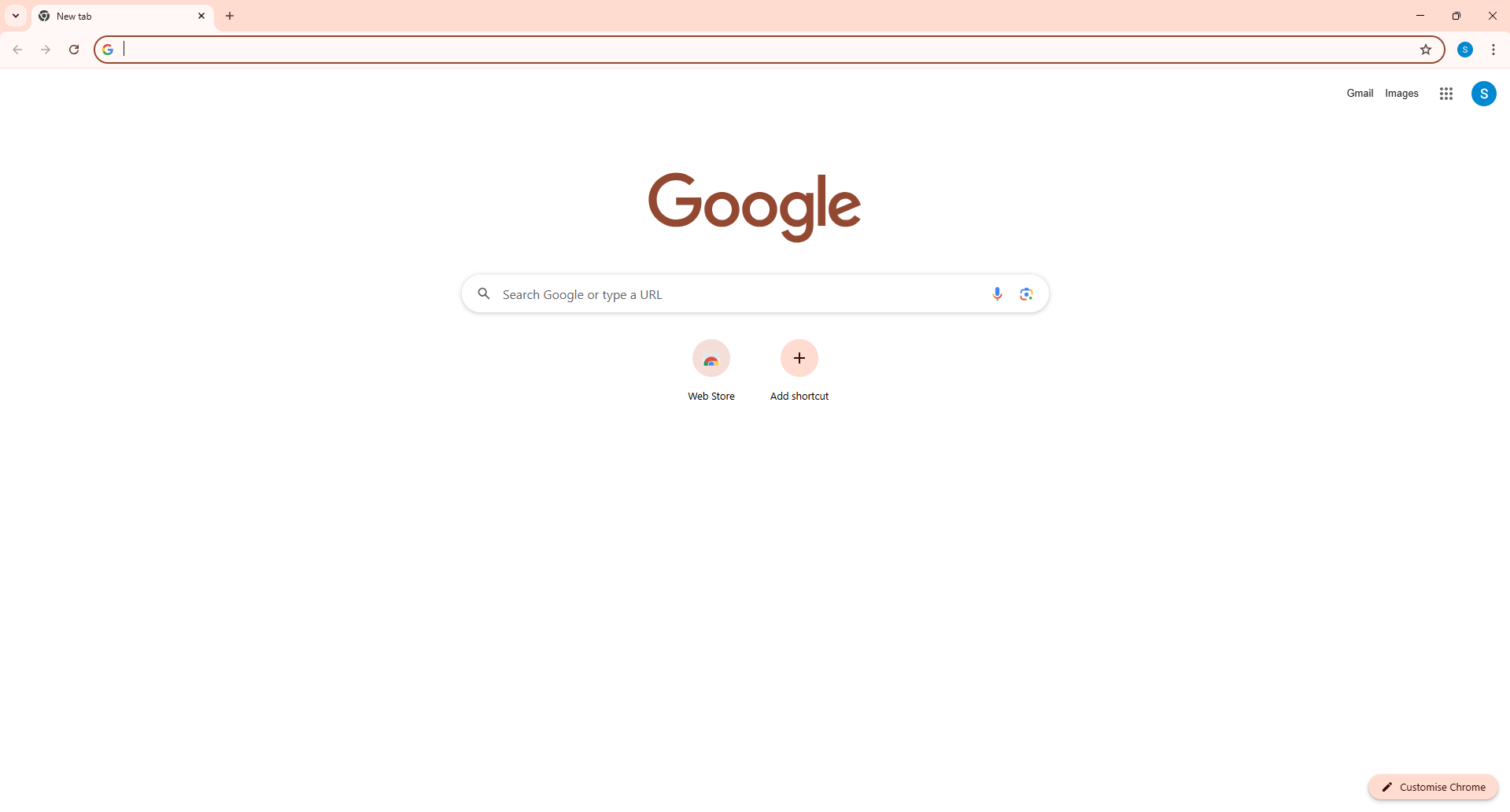
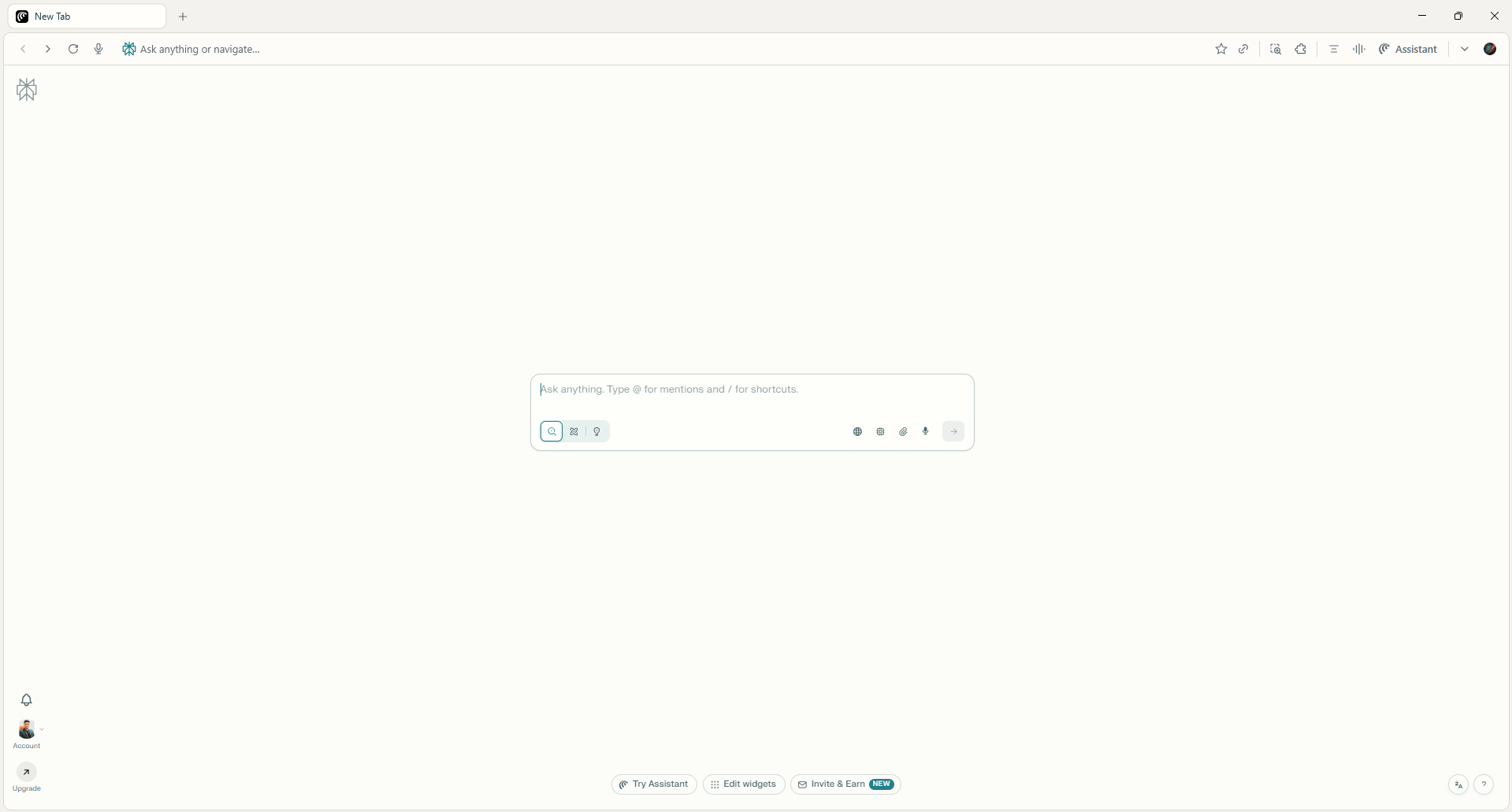
Reply